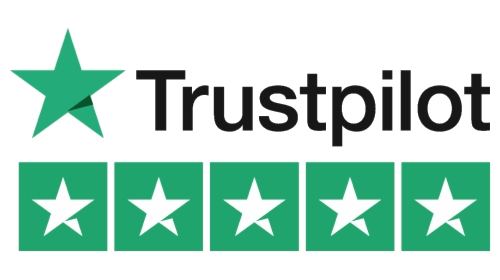Since the overwhelming majority of retail transactions involve the use of a credit card, it’s absolutely necessary that small businesses set up a credit card payment option for their customers. Accepting credit cards is also a smart way to increase cash flow. It’s pretty simple, but there are a few things to consider before you begin accepting credit cards and debit cards for your payments.
Get Funded Now
How to Start Accepting Credit Cards for Your Business?
Before you begin accepting credit card payments, small business owners will need to understand how they will take a customer’s credit card information. There are three main ways customers use their credit cards to make retail purchases.
The manner in which you accept customer information has an impact on the type of credit card processing system you will use. Small business owners may use one or several of these payment methods to accommodate as many customers as possible. These methods of processing major credit cards or debit cards will depend on the type of business you operate.
In this article, we’ll explore the elements of credit card payment processing and briefly explain the difference between credit card processors and payment gateways and their functionality.
Types of Payment Processing
In-person payments
In-person transactions occur when a customer physically hands you their credit card at your checkout counter. The card is swiped into a card reader or the card information may be entered on a keypad by the merchant. This is sometimes referred to as “card-present” processing.
Mobile Payments
Customers use their mobile device to complete a payment, usually through a mobile app connected to their financial institution or credit card provider.
Online payments
Online payments are usually customer-initiated on a merchant’s eCommerce platform like buying merchandise in an online shopping cart.
Payment Processor Vs. Payment Gateway
A payment processor handles the movement of funds, checks customer credit balances, and processes chargebacks. A payment gateway is a tool like a card reader that transmits data to the payment processor.
An example of a payment gateway would be a credit card reader or credit card terminal that sits next to the checkout register at a convenience store where customers insert or swipe a credit or debit card. Payment gateways can also be virtual, such as software for online credit card capture.
Payment gateways may also include mobile apps and QR codes to process data.
Payment Processing and Merchant Services
A payment processor or payment provider essentially handles the movement of credit card transactions, from customer credit card companies like Visa, Mastercard, Discover, and American Express. In the case of debit cards, they move funds from customer bank accounts to a merchant’s business bank account.
A payment processor will identify a customer through their credit or debit account, check to see if there are sufficient funds to complete a transaction, and transfers funds almost instantly. If a customer does not have sufficient funds to complete a transaction, that transaction is denied and the merchant is alerted within seconds.
In the case of an online business where a customer is interacting with a virtual shopping cart, the payment processor interacts with the payment gateway, which we will discuss in further detail below.
Your payment processor not only handles payments, but will also process chargebacks, which occur in cases where customers return merchandise.
How to choose a payment processor for your business
Choose a payment processing company based on these factors:
Pricing: Fees, as well as the payment processing company’s pricing structure, can help you decide which payment processor is right for your business.
Your current technology: Specifically your Point of sale or POS system.
Customer service: If you run into issues processing your customer’s payments, good customer service can help you resolve them quickly.
Popular Processing Companies
Processing companies essentially provide similar services but will have different transaction fees and monthly fees based on the profile of the merchant account. Credit card processing fees can vary significantly, based on the average size of the transaction, the overall volume of business, whether the transaction is domestic or international, and the business type.
Some providers will provide flat-rate fees and others will charge a percentage of the transaction; or, a combination of both.
PayPal is one of the most well-known and most widely-used payment processors. They handle in-person processing for storefront merchants or online credit payments. Paypal works will several card readers, including card readers that can be taken off-site.
Paypal processing fees: See full list of merchant feesSquare is a popular choice for in-person card payments and is quite extensible for small business owners. Square allows merchants to send invoices electronically that takes the customer to a secure payment page.
Square processing fees: See full list of merchant feesQuickbooks Online by Intuit provides payment processing for in-person and online businesses. Their payment processing also includes the ability to easily send invoices electronically and direct customers to secure payment pages online.
Quickbooks processing fees: See full list of merchant feesStripe is one of the most popular online payment processors. They provide a simple checkout process for websites, functionality for recurring payments, and accept payments in over 130 currencies.
Stripe processing fees: See full list of merchant fees.






